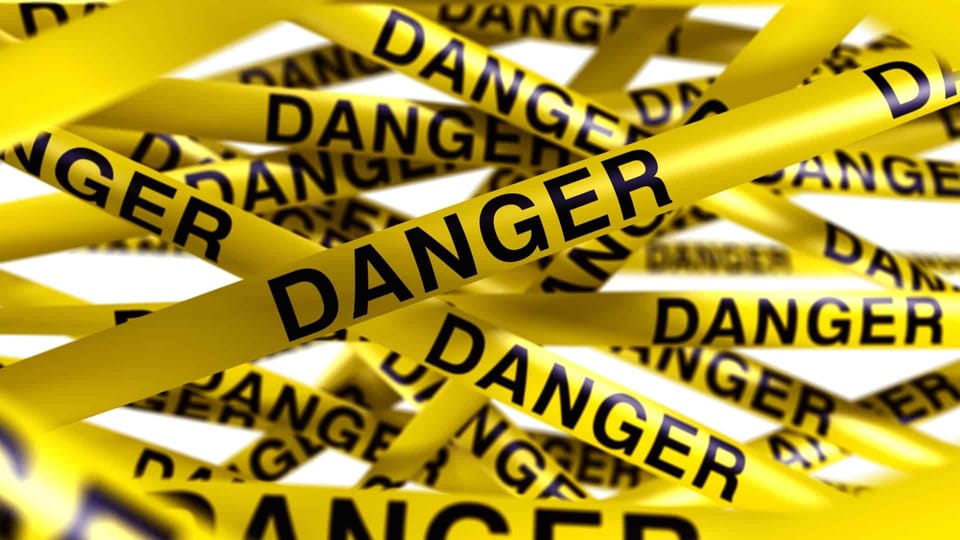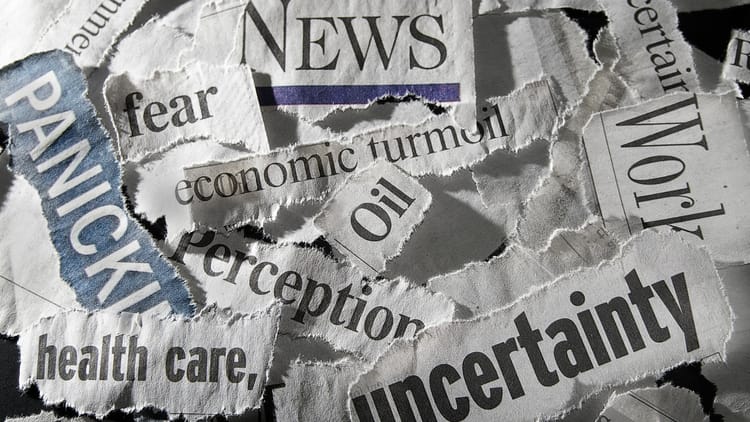The Double Danger of Scorn

In the Canadian TV comedy series Corner Gas, residents of Dog River hate neighboring town Wullerton so much that they spit on the ground whenever the town is mentioned. The local newspaper refers to the town as “Wullerton (SPIT).”
Their spitting is a form of scorn, “the feeling or belief that someone or something is worthless or despicable.” Scorn reveals itself through mockery and contempt for others, and a sense of one’s own superiority to the other group.
It’s funny on Corner Gas, because it highlights how silly it is to be full of pride for ourselves and contempt for others.
It’s less funny when contempt shows up in the church, when we mention a group of people we don’t like with a sneer, and when we mock those we see as beneath us.
Double Danger
Scorn carries a double danger: the danger of pride, as well as the danger of not loving our neighbor.
When we scorn others, we reveal that our hearts are proud. We think we’re better than a person or group. Proverbs 3:34 says, “Toward the scorners he is scornful, but to the humble he gives favor.” Want God to be opposed to you? According to this Scripture (repeated in James 4:6 and 1 Peter 5:5), scorn and pride is a good way to make this happen. “They will get from God exactly what they give others: as they tear everything down with their mouths, so the LORD will tear them down with his curse (see v. 34); as they cover others with reproach, so the LORD will cover them with shame,” observes Bruce Waltke.
Scorn reveals pride, and earns God’s scorn.
Scorn also reveals a lack of love for others. When we speak or think of others with contempt, we fail to keep the command to love our neighbor. Jesus said, “Whoever insults his brother will be liable to the council; and whoever says, ‘You fool!’ will be liable to the hell of fire” (Matthew 5:22). Surprisingly, the term “fool” Jesus uses expresses the kind of contempt I’m talking about. Skye Jethani explains:
The insulting word He used was raca, a dismissive term of contempt in His culture that is derived from the sound of clearing spit from one’s throat. This kind of contempt is different than mere anger. Contempt seeks to diminish the inherent value of the other person. It views the other as subhuman, not even worthy of my anger. It excludes the other person from being worthy of care, thought, or dignity.
When we express contempt for others, we place our souls in extreme danger. Contempt earns opposition from God and places our souls and, in Jesus’ own words, makes us liable to the hell of fire.
Caution Needed
We live in an age of outrage culture. It’s easy to develop habits of contempt for others and believe it’s no big deal. But contempt for others puts our souls at great risk. We must avoid it.
Avoiding scorn won’t happen by accident. We must take deliberate action to avoid feeding our scorn. This means that we avoid people who are prone to anger (Proverbs 22:24), and that includes their websites and social media feeds too. It also means we pursue humility and love for others, even those who are wrong.
Our scorn for others could result in God’s scorn for us. Scorn reveals pride in our hearts and a lack of love for others. Let’s avoid scornful influences and root it out of our hearts. It’s far more dangerous than we realize.






